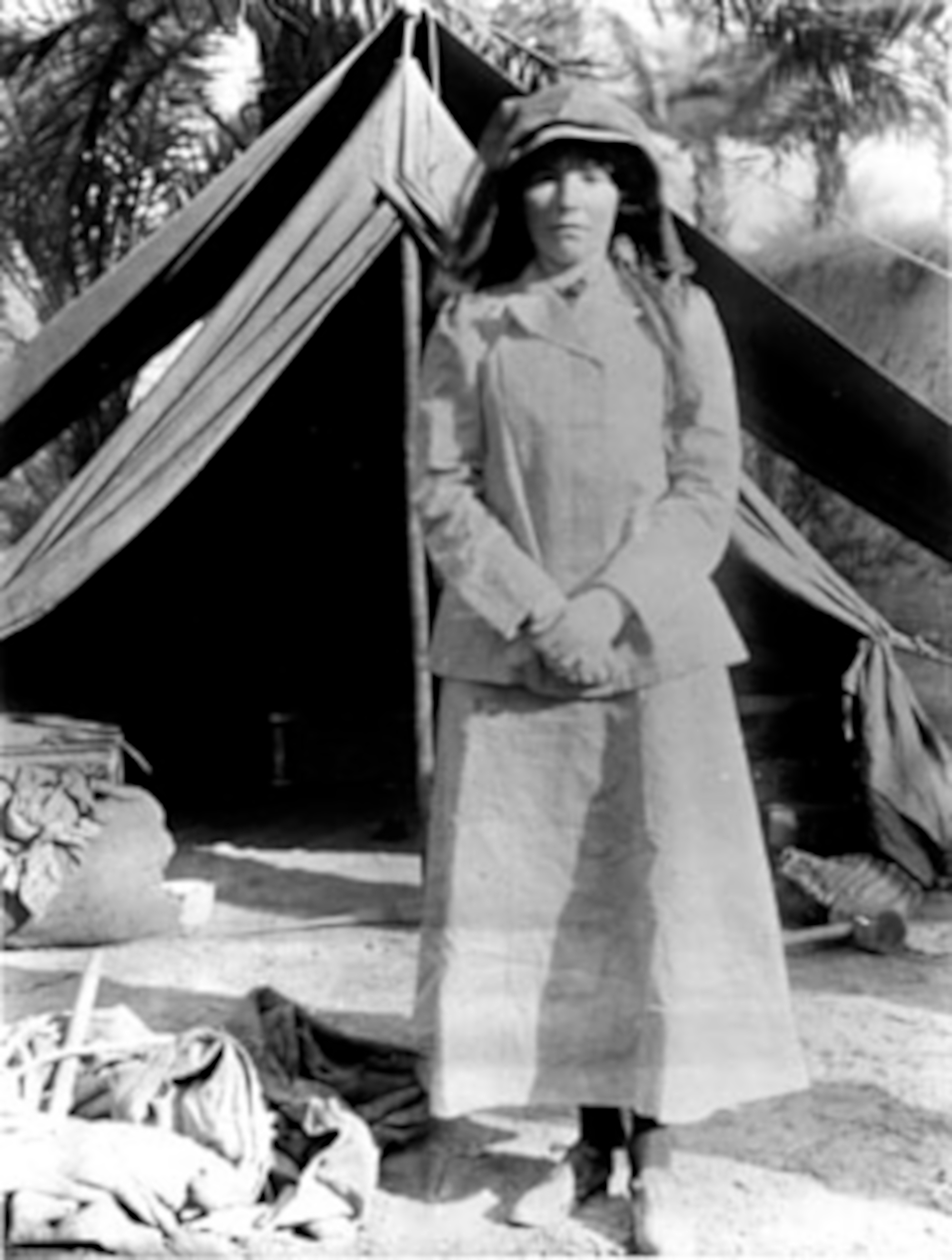 By Michelle Styles
By Michelle StylesWhen doing research for upcoming books, I happened to read a biography of Gertrude Bell. The biography managed to turn several preconceived notions on their heads.
First up was the notion that factory owners were actively opposed to the trade union movement. Sir Isaac Lowthian Bell, Gertrude's grandfather, was pretty close to the 19th century equivalent of Bill Gates. Her father likewise was transportation royalty. They made their money by making everything steel from needles to train tracks. At a time when aluminium was more expensive than gold, the Bells set up the first aluminium processing plant in Great Britain.
 However, they believed they were dependent on their work force, rather than the land to achieve their wealth. And therefore they were active in the early trade union movement because workers were important. Sir Hugh was also very annoyed that his father did not consult him before accepting the baronetcy. Sir Hugh felt that people should be judge by the things they accomplish rather than by which clubs they belonged to, or how much land they owned. And all this was unusual but I could accept it.
However, they believed they were dependent on their work force, rather than the land to achieve their wealth. And therefore they were active in the early trade union movement because workers were important. Sir Hugh was also very annoyed that his father did not consult him before accepting the baronetcy. Sir Hugh felt that people should be judge by the things they accomplish rather than by which clubs they belonged to, or how much land they owned. And all this was unusual but I could accept it.Rather it was Sir Hugh's wife Florence and Gertrude who shocked me to the core. Dame Florence Bell was a novelist, a playwright and a social campaigner in her right. It is thanks to her tireless work interviewing the wives of the foundry workers that a great deal was learnt about the social conditions of the poor and attitudes towards the working class began to change. In fact her work on the social conditions of Middlesborough was ground breaking in its time. She was also a strenuous supporter of education for the masses and providing places where people could relax.
Her step-daughter, Gertrude was the first woman to receive a first in Modern History from Oxford, a renown mountaineer, an acknowledged expert on Byzantine churches and one of main architects along with TE Lawrence of modern Iraq. In fact, she foresaw the whole Palestinian/Israeli problem long before anyone else and voiced her concerns during the conferences on the Treaty of Versailles.
Modern women, except they were both anti-suffragette.
Not just against the Suffragettes who advocated direct action, but anti-votes for women. Florence was so much so that no one could talk to her about it. My jaw dropped. I had always considered that educated women would be in favour of basic human rights such as the right to vote...
There were several reasons the Bells gave. First, there was the question of married women's property and the feeling that this should be properly addressed before any universal voting was allowed. Second, Florence Bell felt that working class women had too many other problems to be able to spend the necessary time to make an informed decision. There was also this whole debate: if people who did not pay taxes voted, wouldn't the system become much more skewed towards those people, and mightn't it lead to far higher taxes?
Third, given all the other social problems, wasn't it more important to concentrate on getting better wages and living conditions rather than expending energy on getting the vote, something that fairly meaningless for the vast majority? Gertrude felt that until women decided to have more than the domestic sphere as their domain that they didn't need the vote and would be inclined to vote like their husbands and why should men be getting two votes.
Florence, who wrote various articles on how to bring up children, did not even believe that women as a general rule should have access to higher education. Women should be great conversationalists rather than possess fearsome intellects. Given her step-daughter's thirst for knowledge, she bent her rule and allowed her to go eventually go to Lady Margaret Hall, Oxford. But she insisted that Gertrude be domesticated so Gertrude learnt to run a house and had a Season. The result was that Gertrude was able to operate within the early 20th century English establishment, which allowed her to achieve far more than if she had been an out-and-out radical.
Thankfully Gertrude did later feel that women's suffrage was important. But the knowledge that women who were educated, intellectuals, and social campaigners but who did not support women's right to vote totally floored me. I could understand stuffy old men, but women who were on the cutting edge, blazing a trail? The question is of course on whether one could actually use this or whether one files it under the intriguing...